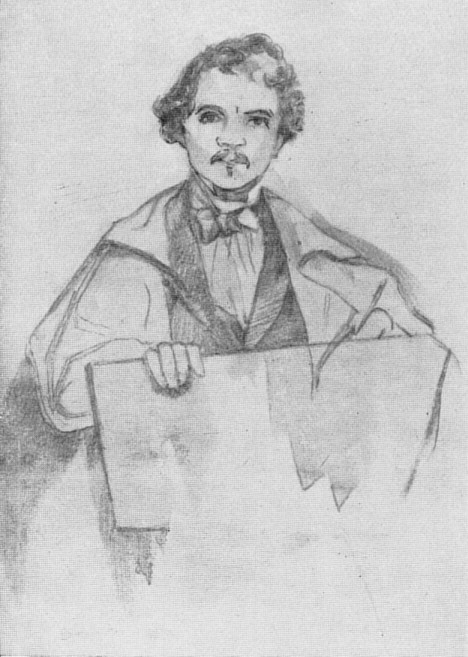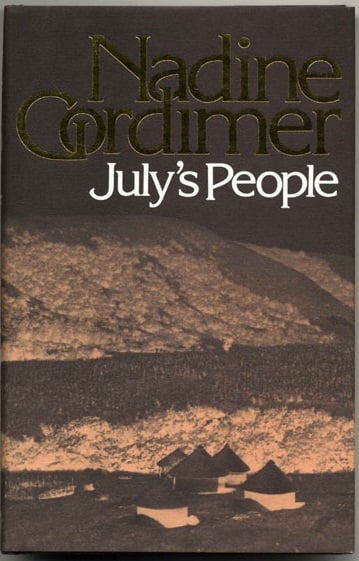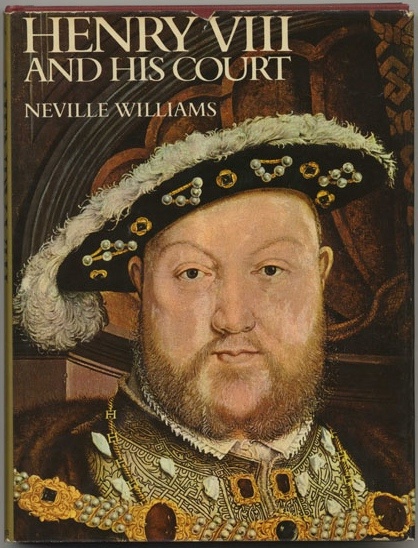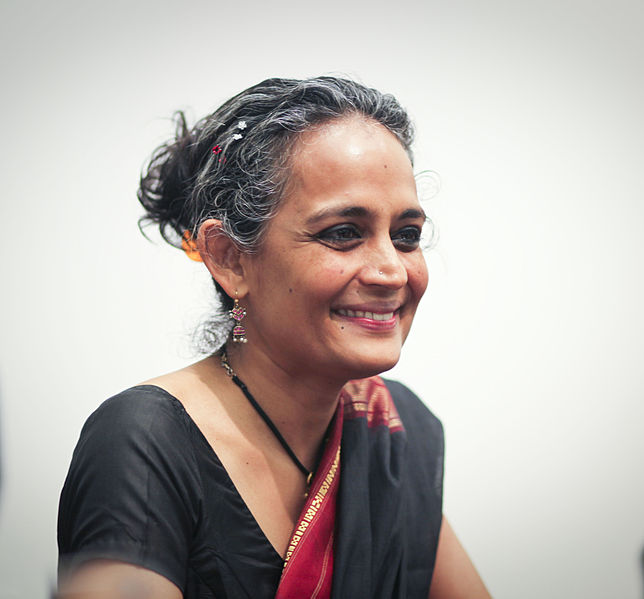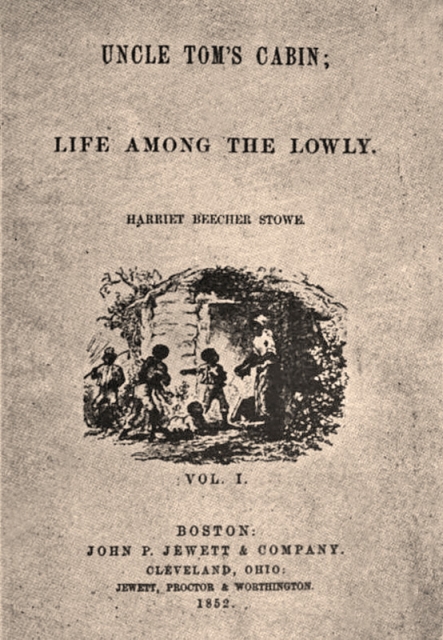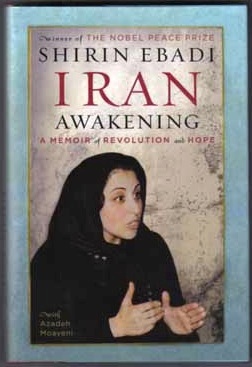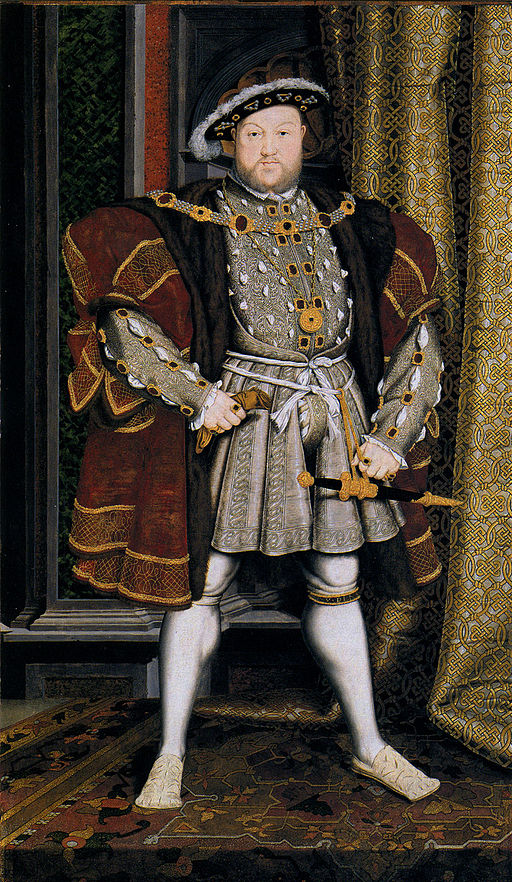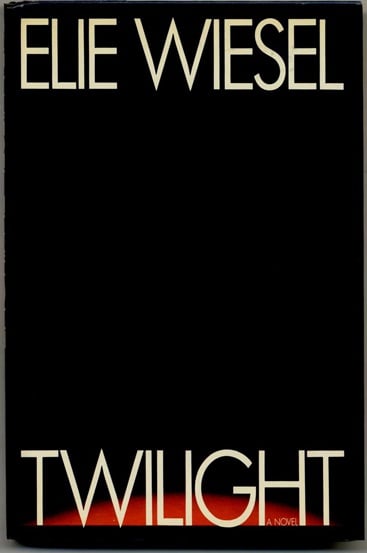"If people only made prudent marriages, what a stop to population there would be!"
- William Makepeace Thackeray, Vanity Fair
William Makepeace Thackeray, best known for novels like Vanity Fair and Catherine, did not make a prudent marriage. He seriously considered marrying for money, but when he met Isabella Shawe, he married for love. Although theirs can’t be considered a marriage that was full of happiness and good times, it certainly spurred him to prolific writing. For most of his career he had to "write for his life," as he called it, not only to support his family, but also to pay for the treatments and care required for his wife who fell into so deep a depression, she was often catatonic.




